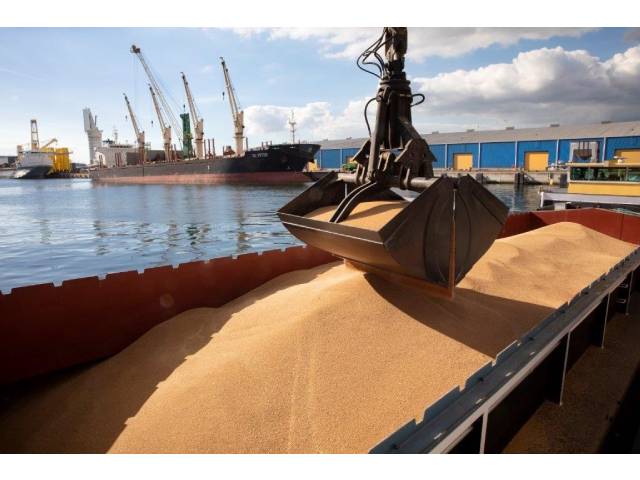Seaborne transhipment declined by 6.9 million tonnes (-12.8%) compared to the first nine months of 2019. Petroleum products accounted for half the fall – this is a market that was hit hard during the Covid-19 crisis. Transhipment of solid mineral fuels, iron ore and vehicles also declined.
On the positive side, the transhipment figures for scrap are improving, as are those for fertilisers, food products and agricultural products. North Sea Port thus continues to see a mixed picture, with some types of cargo rising will others fall. It is precisely this diversity in products and markets that makes North Sea Port increasingly able to withstand the full impact of the Covid-19 crisis.
Transhipment via inland waterways registered a decrease of 3 million tonnes (-7%) during the first nine months of this year, mainly reflecting falls for general cargo and liquid bulk products.
Third quarter
In the third quarter of 2020, transhipment via seagoing vessels (14.7 million tonnes) fell by 15.5% compared to the same period last year. This decrease is 1% less than in the second quarter.
Covid-19 crisis
The impact of the Covid-19 crisis is still clearly being felt. But since July, losses have eased by a few percent every month. Given this modestly positive evolution, North Sea Port expects losses to continue to shrink towards the end of the year.









































